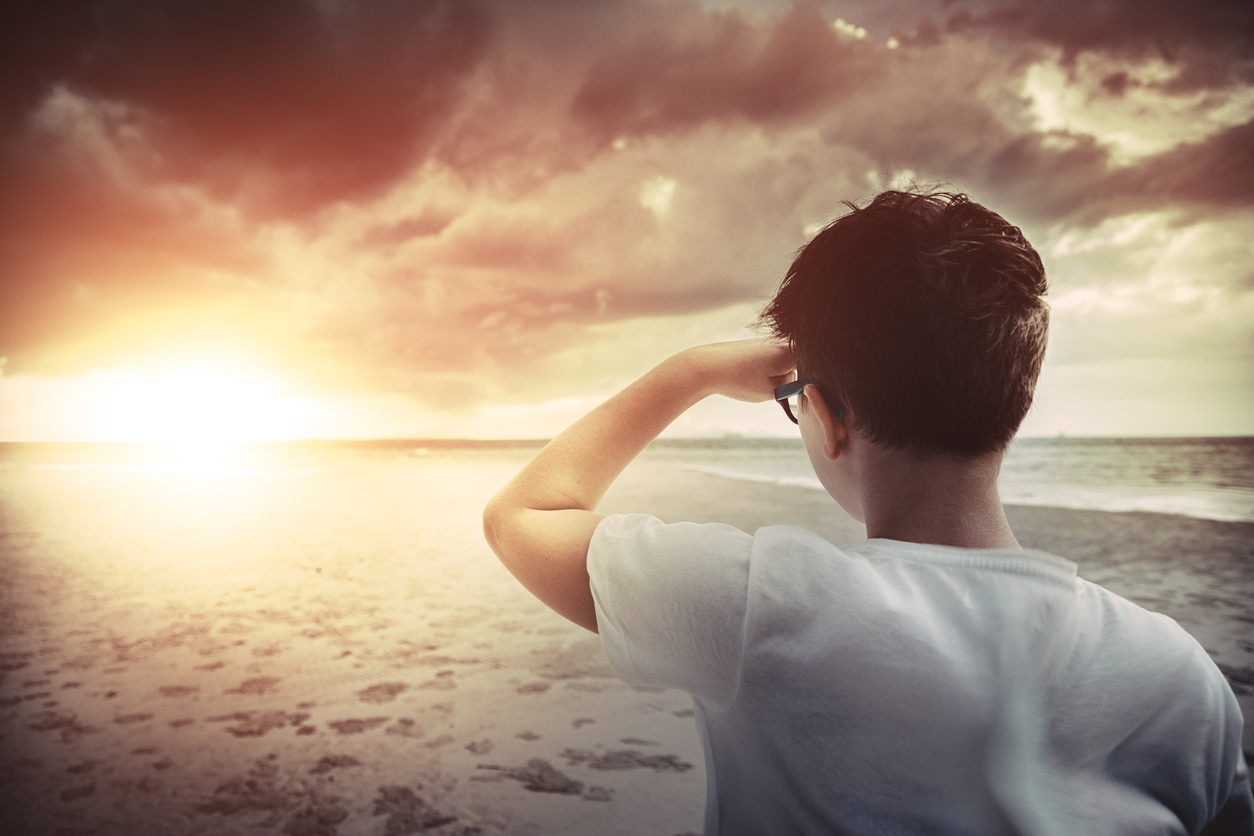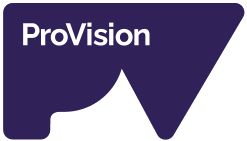
Long sightedness and short sightedness commonly affect children and adults alike, and are often first picked up during a child’s first eye test before they start school.
We’ve pulled together a quick summary to make it easy for you to distinguish between the two conditions.
Long sightedness (Hyperopia)
As the name suggests, long sightedness means your long-vision (ability to see things in the distance) is uncompromised, while your near-vision (ability to see things up close) is blurry. While many of us are a little bit of long-sightedness without even realising it, only significant long-sightedness will cause blurry vision, headaches and tired, achy eyes.
Why is my near-vision blurry?
When the light coming into our eyes focuses behind, instead of exactly on the retina, images in our near-vision appear blurry. Prescription eyewear are available in most prescriptions to help bring your near-vision into focus.
Short sightedness (Myopia)
Short sightedness is the exact opposite of long sightedness and means your near-vision (ability to see things up close) is clear, while your long-vision (ability to see things in the distance) is blurry. Affecting approximately 15% of people in Australia, short-sightedness develops in early childhood and can cause vision to change through the teenage years, making regular eye tests essential.
Why is my distance-vision blurry?
When the light entering our eyes focuses in front of, instead of exactly on the retina, our distance-vision becomes blurry. This can make identifying words on distant street signs and whiteboards difficult, particularly in low light. The good news is that there are many prescription eyewear options at your disposal to bring objects in the distance back into focus.
See the world more clearly
Helping you see the world more clearly is our optometrists’ raison d’être.
Today’s lens technologies make it possible for us to live life to the fullest in spite of long sightedness and short sightedness. There are a multitude of eyewear options at our fingertips – from glasses, contact lenses and sunglasses too – that can be tailored to your lifestyle needs. Speak to one of our optometrists to book a 360° eye consultation and explore the best solution for your life.
Find your nearest optometrist now


